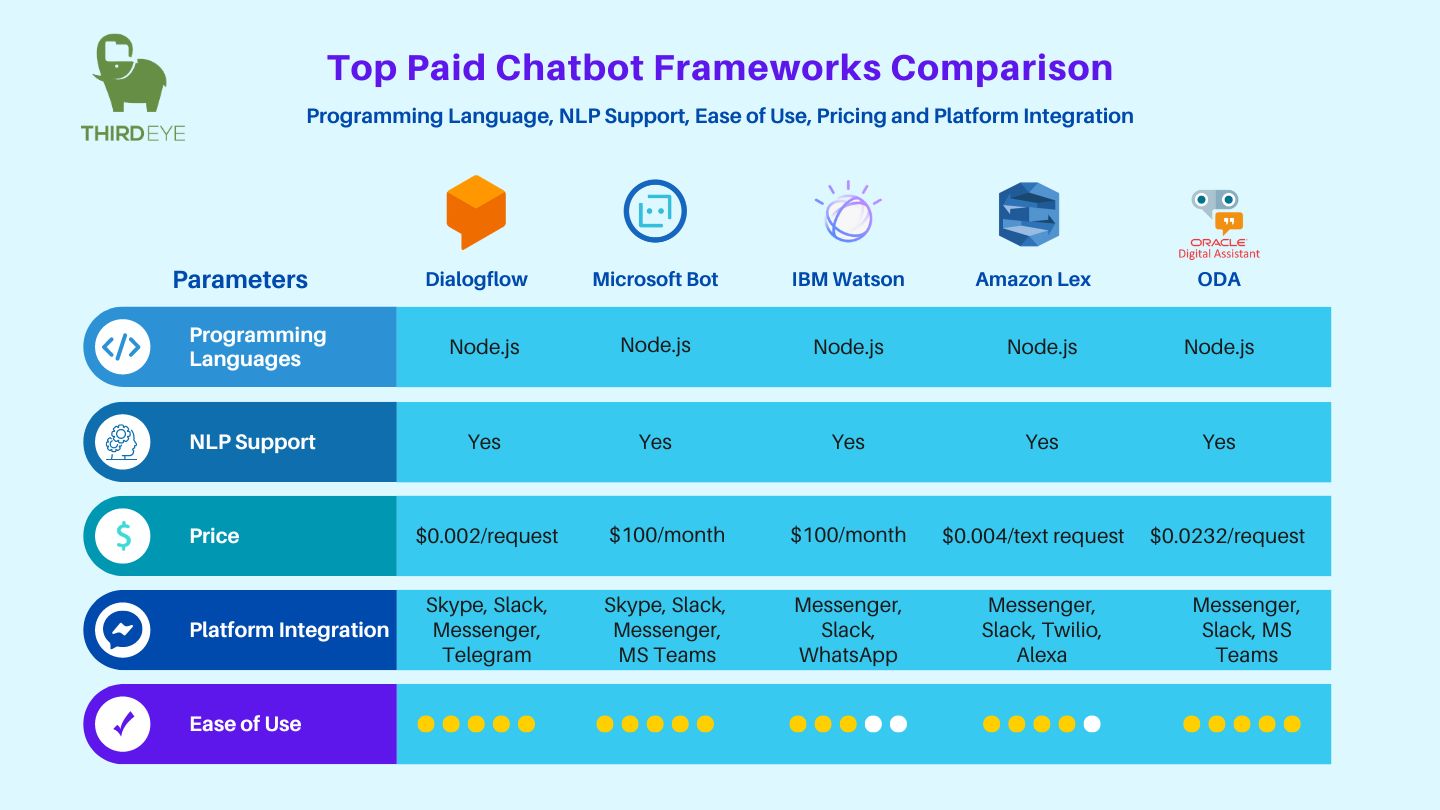Meta's said to be building its own search engine as folks look for ...
Meta doesn’t want to have to keep responding with “Sorry, I can’t help you with this request.” The social-media leader is developing its own search engine, The Information reported. Meta already has an AI chatbot embedded into apps like Insta and WhatsApp, but it’s said to rely on Google and Bing to address questions that it can’t answer on its own (like current events). By creating its own search engine, Meta would be less dependent on Google and Bing owner Microsoft, both major AI rivals. Meta last week also teamed up with Reuters to use its news content to answer Meta AI queries, suggesting it wants to become a destination for real-time info.
Just ChatGPT it…
Google’s become synonymous with searching the web, but it's facing existential competition as more people use AI bots like ChatGPT as search engines — despite Google and Bing both trying to integrate more AI into their results (see: Google’s AI overviews). Adding to its problems, Google’s faced criticism around the quality of its search results and its search-market dominance. In August, a judge ruled that Google broke the law to become a search monopoly (it controls about 90% of the market).

Everyone’s searching for an AI edge…
Microsoft did it by partnering with OpenAI, and Meta’s doing it by leveraging its social platforms. While it’s a newcomer to search, it has 3B+ daily users — a massive built-in audience to push its chatbot tool to. Zuckerberg said in August that Meta AI already had 185M weekly users, meaning it’s catching up to ChatGPT (OpenAI recently said its bot had 250M weekly users).
Snacks provides fresh takes on the financial news you need to start your day. Chartr provides data visualizations on business, entertainment, and society. This site is protected by reCAPTCHA and the Google Privacy Policy and Terms of Service apply.




















